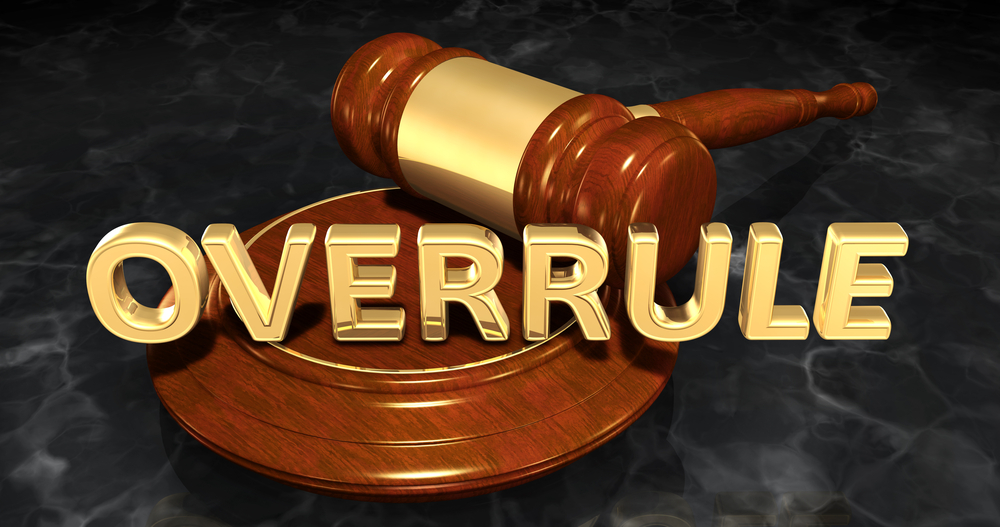Comply with the Dispute Resolution Provision in Your Contract
Many contracts have dispute resolution provisions. If not, they should. It is important that dispute resolution provisions are reviewed and complied with PRIOR TO the initiation of a dispute. Failure to comply could result in you being “S*** Out of Luck” with your claim, as exemplified in the recent opinion in Guan v. Ellingsworth Residential Community Association, Inc., 44 Fla. L. Weekly D2155a (Fla. 5thDCA 2019). This case involved a dispute between a homeowner and her homeowner’s association. There was a Declaration of Covenants recorded in the public records. The Declaration, no different than any Declaration, created a contract between a...
Continue reading













